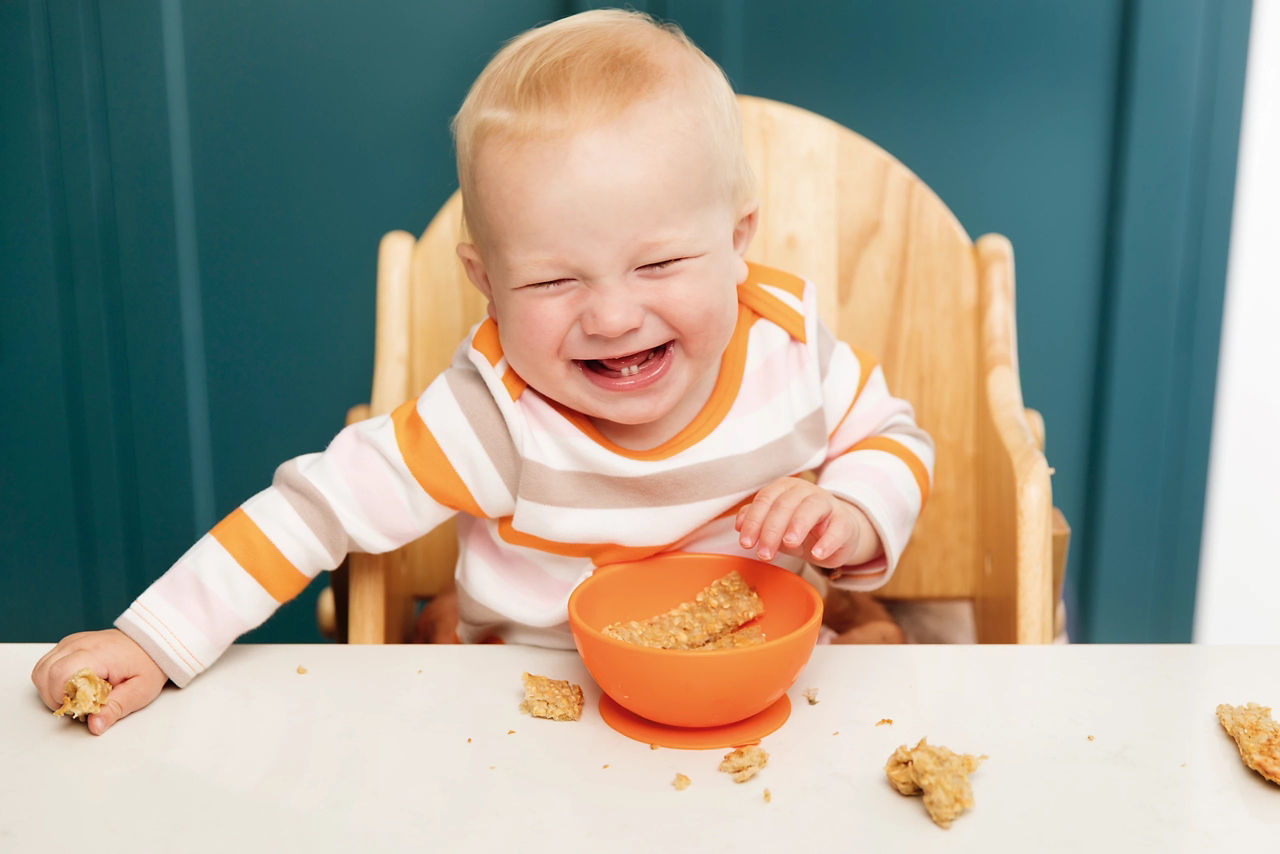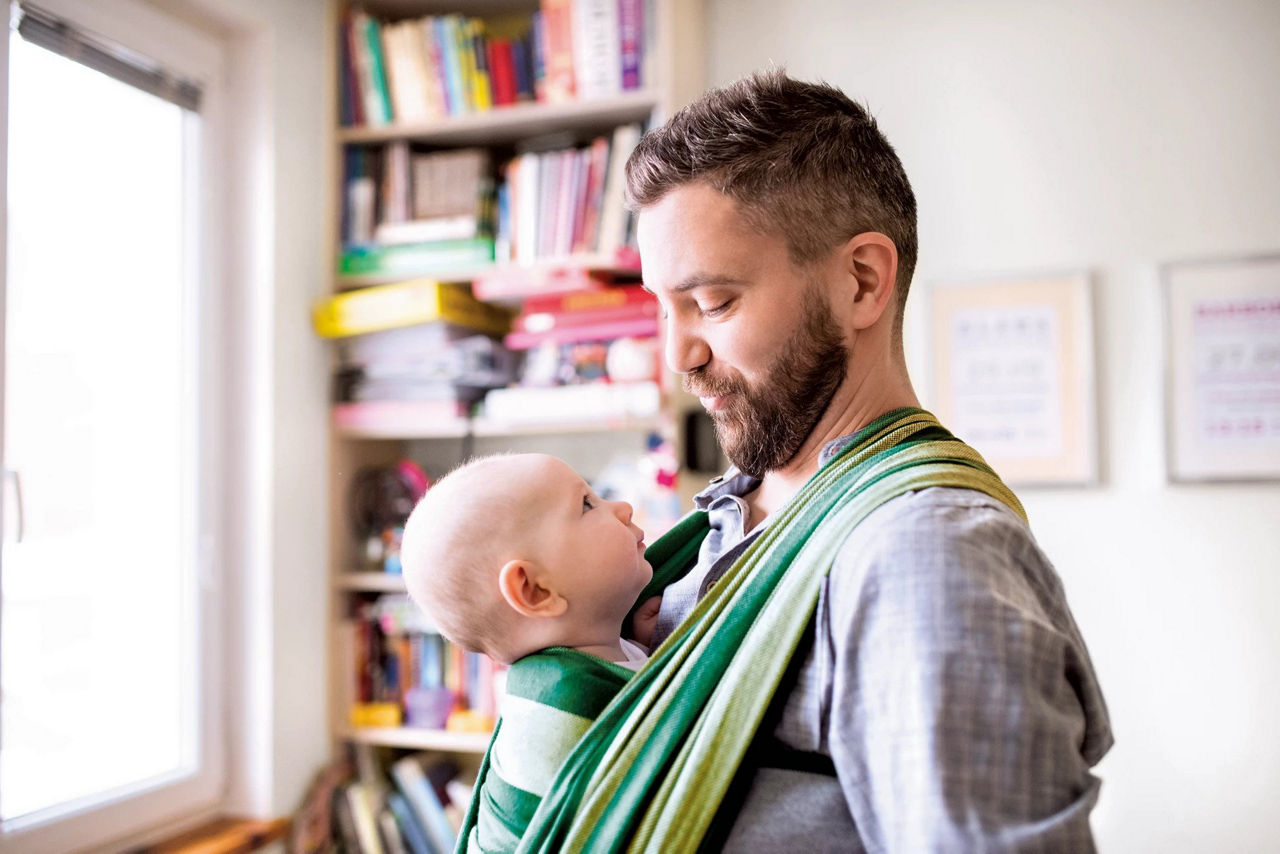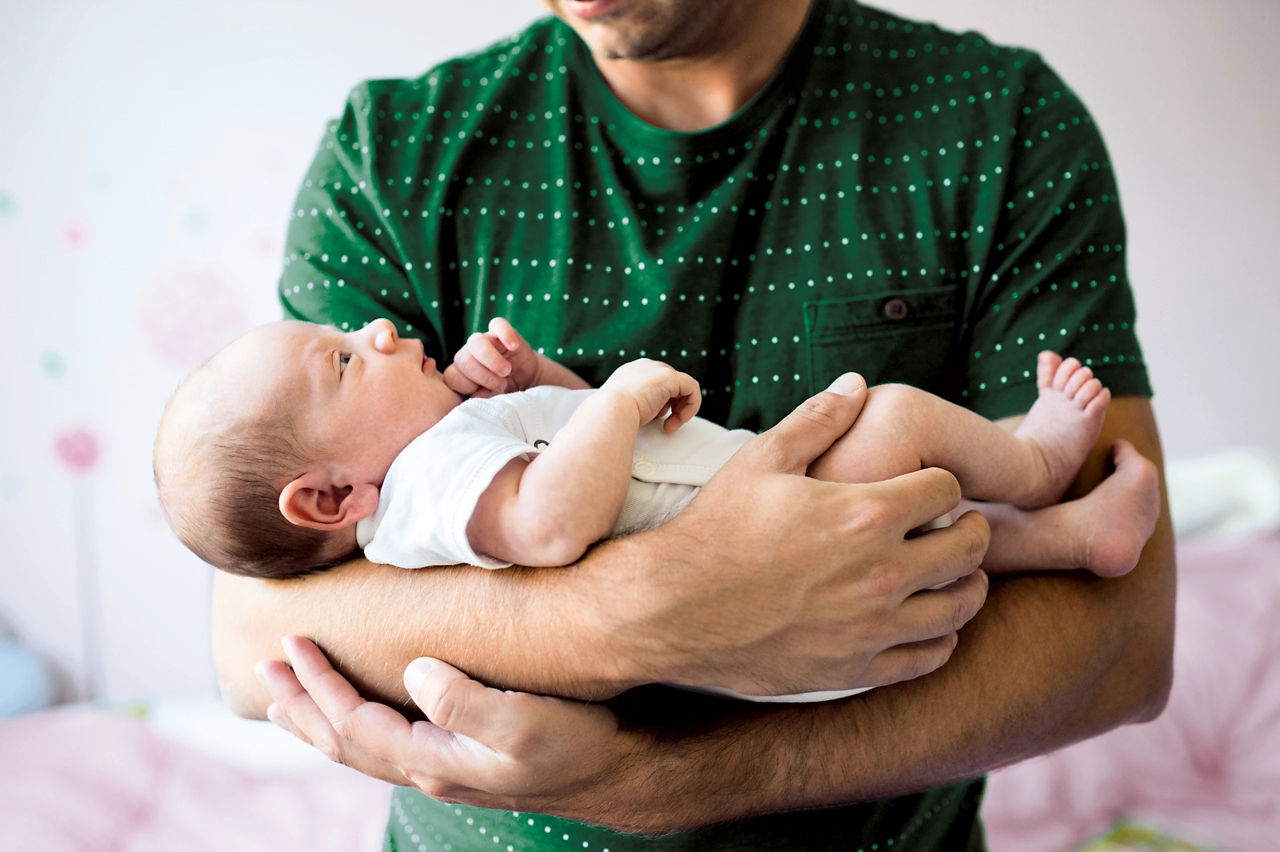Free weaning plan - Register here
What is teething?
Teething is when your baby’s teeth start moving underneath their gums and coming through. Some people also refer to it as ‘cutting teeth’.
What age do babies start teething?
All babies develop at different rates so there’s no saying when your baby might get their first tooth. Some babies are born with their first teeth whereas others still have no sign of a first tooth when they’re 12 months old. There are some clear signs and symptoms to look out for though that often indicate that precious first tooth might be on its way.
Teething pains
Teething often causes babies discomfort, making them restless and irritable. As the roots of their teeth grow, they push the edges of the teeth through the gums. Babies usually suffer most with their first teeth as the sensation is new, and with their molars because of their size.
Signs your baby is teething:
Look out for two or three of these symptoms1:
- They have become more fussy and clingy and are crying more at night.
- They are dribbling a lot.
- They have an urge to bite to try to ease the pain, so they’ve started chewing on their fingers and anything else they can get hold of!
- Their cheeks are flushed.
- Their gums are swollen and red.
- They’re demanding the breast or bottle more.
- Some babies may have a poor appetite for solid foods because their gums hurt.
- They aren’t sleeping well.
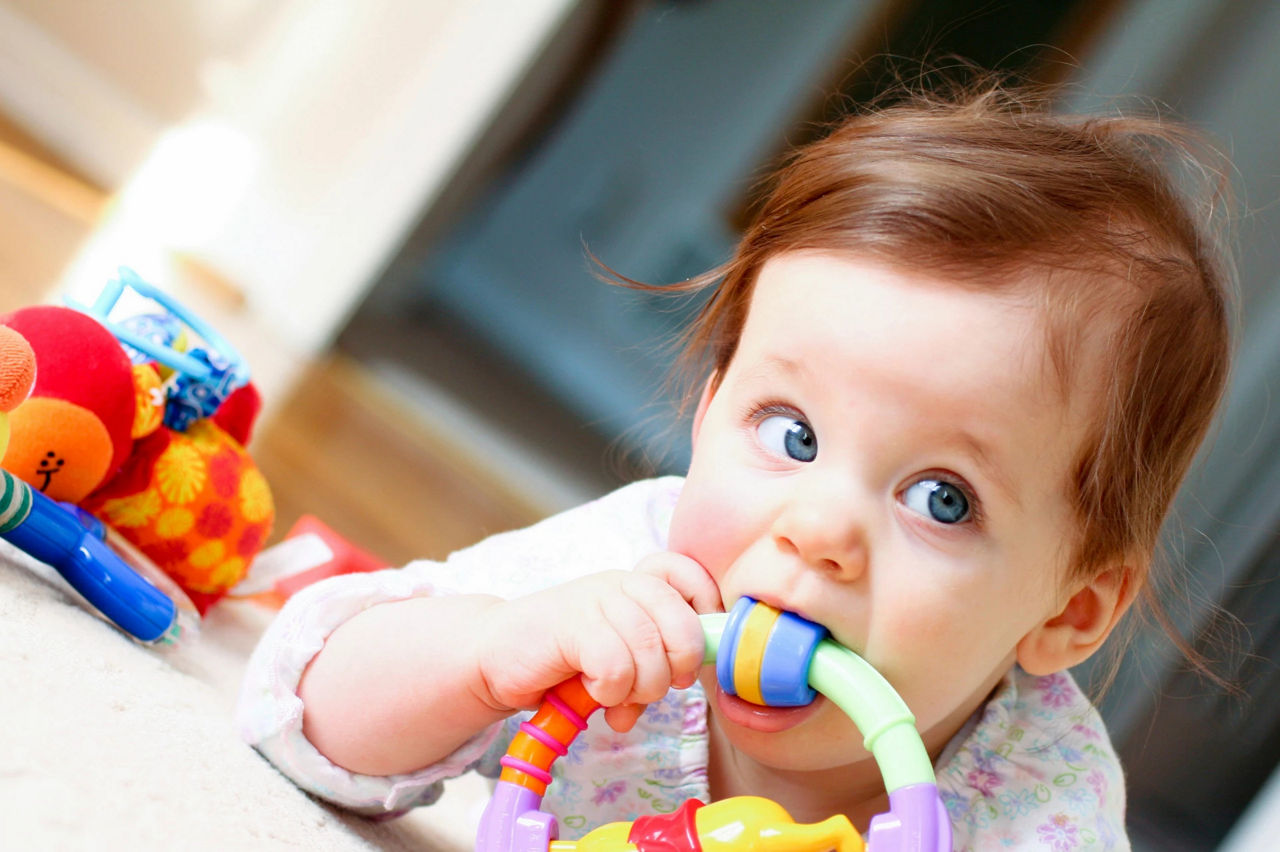
How to help your teething baby
There’s lots you can do to soothe your baby and help relieve the pain. Try some of these suggestions:
- Give them a teething ring to chew on (the ones you can cool in the fridge are good).
- Your doctor may recommend infant pain relievers like paracetamol or ibuprofen.
- Apply a barrier cream to their chin, neck and chest to stop them getting sore from dribbling.
- Distract them with lots of hugs or something to play with.
- If your baby is 6 months or older you can give them a piece of carrot or apple to chew on.
When should I start brushing my baby’s teeth?
You can start brushing your baby’s teeth as soon as they start to come through, using a soft-bristled baby toothbrush and toothpaste specially formulated for their age. Remember to be gentle as their gums may still be feeling sore – and don’t be surprised if they’re less than keen to start off with! Just keep trying until it becomes part of their regular daily routine.

Join our baby club
Ready to stop worrying about what other people think and do what feels right to you? We’ll give you the support you need to follow your instincts and enjoy parenthood to the max:
Helpful emails
Non-judgemental support
Free weaning plan
Tips from real parents
More from baby
Baby topics
Need free advice with a smile? Get in touch with our dedicated Care team.
Ask us a question (8am - 8pm Monday to Friday, 10am - 4pm Weekends)
Messenger
Contact us on Facebook (10am - 10pm, 7 days a week)
Call us
Call us on 0800 977 8880 (8am - 8pm Monday to Friday)
FAQs
Get answers to your most frequently asked questions
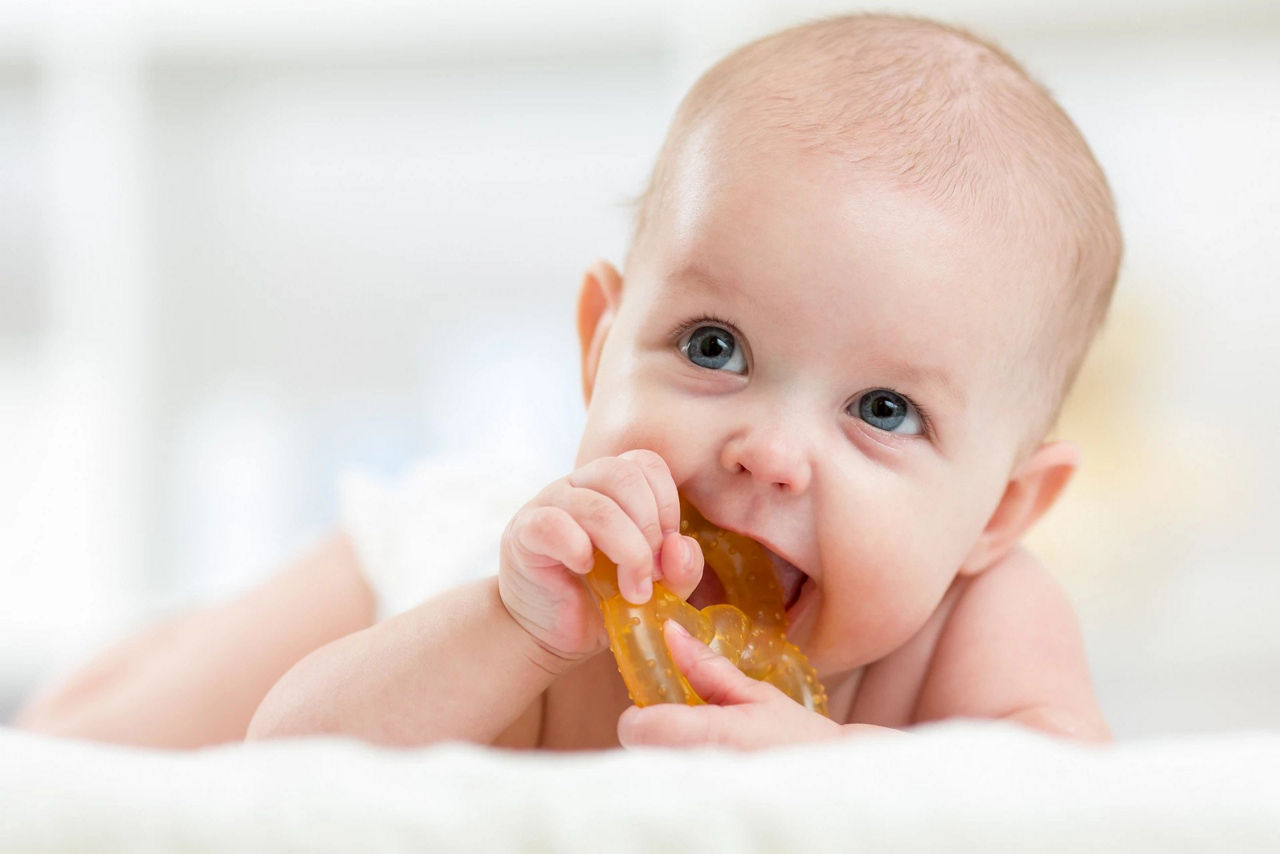
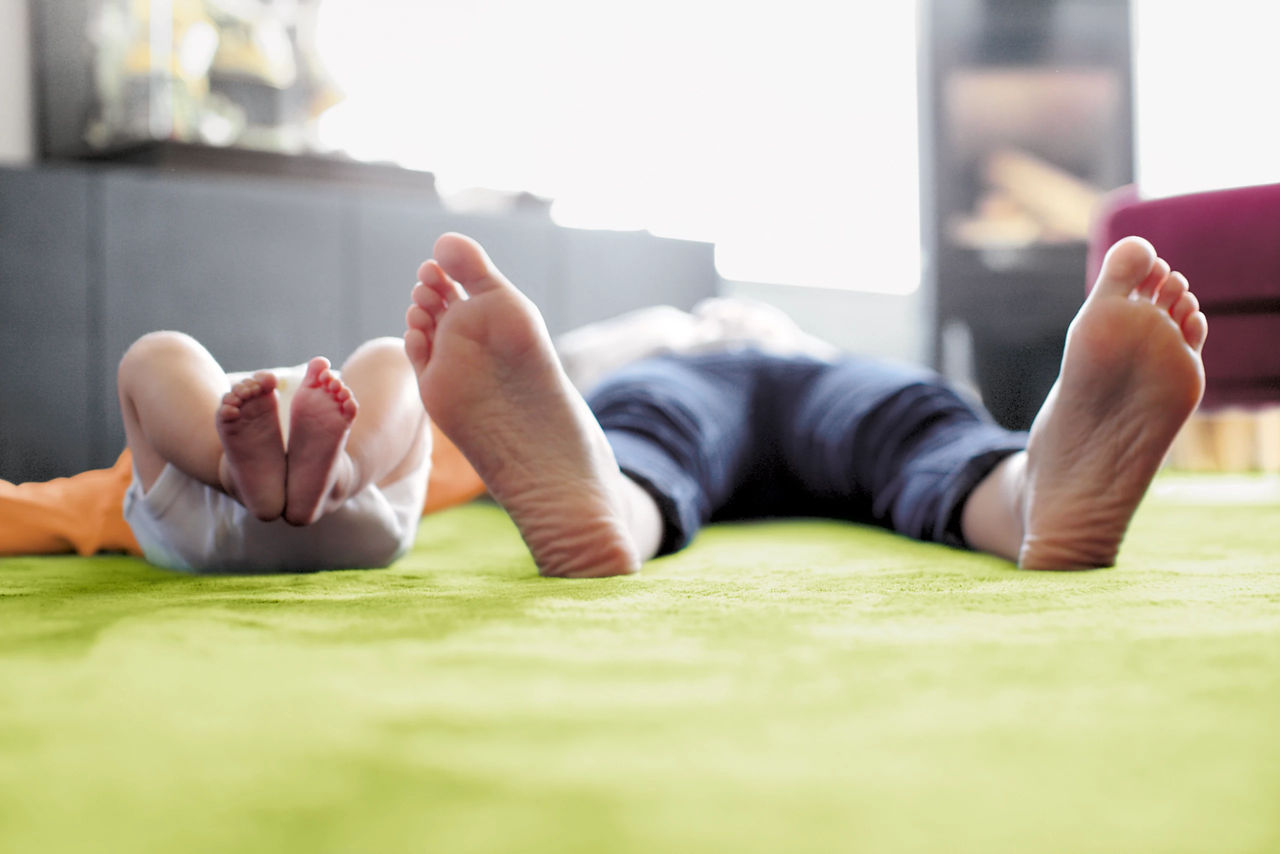
?ts=1701080541433&dpr=off)

